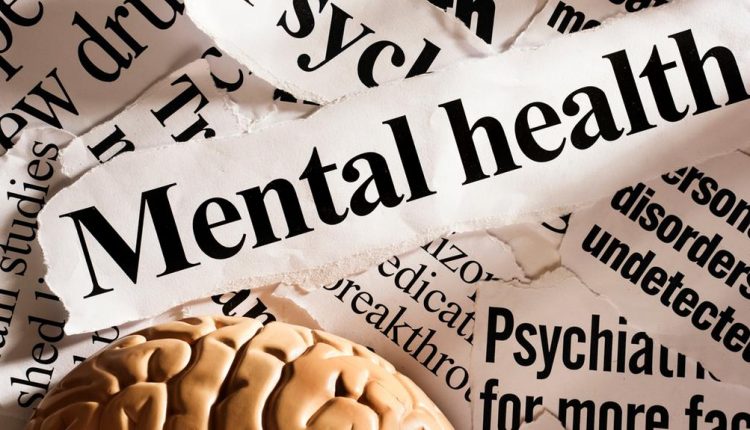October 10 was World Mental Health Day, and it occurred to me that in these parts of the world, mental health is not a “thing”.
A couple of years ago, I recall feeling tired, generally unwell and a bit cranky – being a hypochondriac, I went to the hospital and all my tests came back fine, so I was asked to just get some rest. A few days after, I still didn’t feel 100%, so I went back again, and the doctor confirmed for the umpteenth time that there was nothing wrong with me physiologically.
But this time, she proceeded to ask me a few questions about my lifestyle, work etcetera and then she made me complete a short form that was meant to help assess my state of mind albeit at a high level. After the consultation, the Doctor recommended a low dose of anti-depressants and to practice “mindfulness”.
Now that’s not the story, it was the reaction of family members that I told that the doctor had recommended anti-depressants that got me. From retorts of “ I reject in Jesus’ name” to “we don’t have depression in Africa”. Suffice to say, I didn’t take the meds and figured there was nothing a bit of rest wouldn’t address. As educated and exposed as I was, I lowkey subscribed to the notion that as an African – depression was not a thing.
With such socio-cultural beliefs, it is no wonder that Africa as a region has a very low mental healthcare worker to patient ratio of 1.4 per 100,000 compared with a global average of 9.0 per 100,000.
So, in conversation with Dr Kenneth Uwajeh, Executive Director of the Healthy Mind Foundation and a West Africa certified specialist in Psychiatry – we decided to explore what this means for the teeming African Youth population that are tomorrow’s leaders.
The conversation began with understanding the nexus between Mental Independence and Mental Disorder. Mental independence is the ability to choose your state of mind or mentality, the ability to give into your thoughts that will determine your action. A Mental Disorder is the lack of capacity to control feelings or thoughts where there is a loss of independence in one’s thoughts, feelings or actions and therefore unable to interact or relate with people. This loss of independence could come about as a result of environmental factors called stressors, which could be sociological or biological.
Focusing on sociological factors, and using Nigeria as an example, our harsh socio-economic realities ranging from unemployment, high poverty rates that the Youth are confronted with are factors that can trigger this loss of mental independence.
Reportedly, an estimated 20% of the world’s young people (aged between 10 and 24 years) suffer a neuropsychiatric condition including common disorders like depression and anxiety, schizophrenia, as well as alcohol and substance dependence. Poverty is widespread in Africa, as are other risk factors for mental disorders ranging from unemployment, low incomes, low education status etc.
For a continent with a large youth population and human capital as one of its key resources vis-à-vis harsh socio-economic conditions, it means that mental health should not be taken lightly. Some of the ways to curb this are by creating awareness about mental health and creating trustworthy outlets for people to express their frustrations before they reach the stage of losing their mental independence.
Dr Kenneth Uwajeh’s ultimate desire, is to share the gospel of mental health as a panacea for the African situation which he opines is hinged on Freedom – the choice to choose our state of mind.
As a contribution, Social Conscience with ‘Nasa in partnership with Rotary, Healthy Mind and Inuka Foundation is giving out FREE Wellness Coaching Sessions– simply send an email to hello@renesance.africa with the subject line ‘Freedom’.
(In Conversation with Dr Kenneth Uwajeh)
Yours conscientiously.
To listen to the full interview, visit episode #3 on our podcast page

